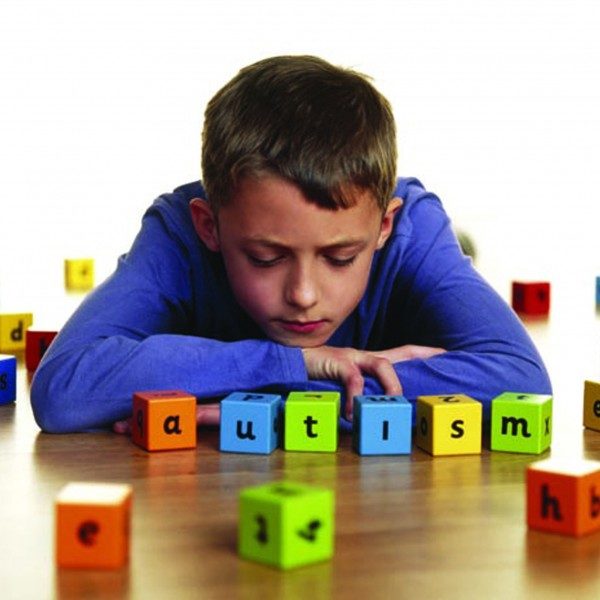Marina | February 28, 2014 | Parenting |
 For many parents of children with Autism or an Autistic Spectrum Disorder (ASD), finding a ‘cure’ becomes an obsession. Like all parents, they want their child to achieve their potential and are not willing to ‘write them off’ simply because there is no straight-forward answer or treatment for ASD. Some will take whatever is or is not offered by their GP or consultant and be content. Others search for alternative treatments and therapies in the hope that their child will come out of the other side of their condition.
For many parents of children with Autism or an Autistic Spectrum Disorder (ASD), finding a ‘cure’ becomes an obsession. Like all parents, they want their child to achieve their potential and are not willing to ‘write them off’ simply because there is no straight-forward answer or treatment for ASD. Some will take whatever is or is not offered by their GP or consultant and be content. Others search for alternative treatments and therapies in the hope that their child will come out of the other side of their condition.
There are many psychological therapies available for those who search them out, but the efficacy of such treatments are very much hit-and-miss. What might work wonders for one child may have no effect whatsoever on another.
Intensive programmes of special education over sustained periods coupled with behaviour therapy in early childhood have helped many ASD children to gain vital skills needed for self-care, employment and socialising. It can even decrease the severity of the symptoms and behaviours exhibited, improving functioning. Such programmes include structured teaching, speech and language therapy, occupational therapy, social skills therapy and the controversial Applied Behaviour Analysis (ABA).
ABA has been found to be effective in improving global functioning in young children and improves their intellectual development. However, whilst it may be hugely effective for one child it may not improve – and may even set back – a different child.
Alongside therapies, various medications are often prescribed, including antidepressants, stimulants, psychoactive drugs and anticonvulsants. There isn’t much evidence to support that these actually help, and side-effects can cause more problems.
Alternative therapies that have been tried include special diets (mainly restricting gluten – a wheat protein – and casein – a dairy protein). Gluten is said to weaken the blood-brain barrier in some people, allowing toxins from the blood to infiltrate the brain and withdrawing gluten is said to have improved many cases of autism. Withdrawing gluten also causes a permanent change in hair and eye colour. For people taking a bio-medical approach to autism, exclusion diets and a range of supplements (often costing upwards of £200 per month) are often found to improve their child’s condition.